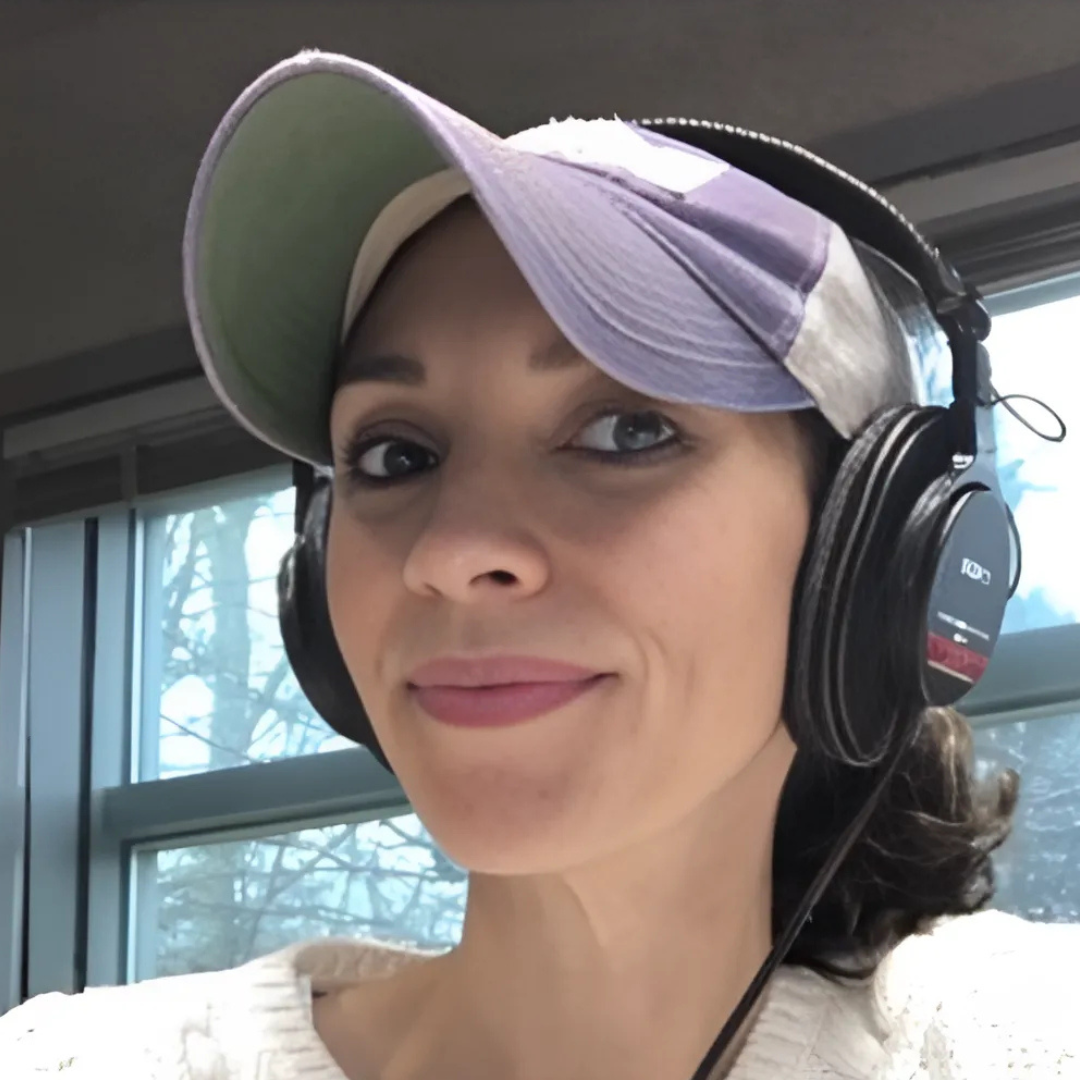The Enduring Value of Human Creativity
In the field of voice acting and creative arts, the debate over artificial intelligence is not about its technical capabilities but its fundamental limitations. For many professionals in the industry, the true value of their work lies in human qualities that technology cannot replicate. A seasoned voice actor and director, for instance, often draws inspiration from the pioneers of the past—individuals who mastered their craft not just through technical skill but through a genuine connection with their audience.
A Lack of Soul
Reflecting on the golden age of radio and animation, it’s clear that iconic personalities like Casey Kasem and Wolfman Jack were more than just announcers. They were storytellers whose unique inflections, timing, and personality brought life to their broadcasts. This is a level of artistry that, by its very nature, is deeply human. Artificial intelligence, in contrast, is fundamentally different. While it can mimic a vast range of voices and speaking styles, it lacks imagination and soul. It operates on algorithms and data, providing what could be described as an “absolutely zero creativity” output. The difference is akin to comparing a great R&B drummer’s spontaneous, soulful performance to the programmed, repetitive beats of a drum machine. One is a product of human expression and feeling, while the other is a cold, calculated imitation.
The Industry’s Shifting Landscape
This distinction has tangible consequences for the industry. The most immediate effect is the displacement of entry-level jobs. Simple, straightforward voiceover tasks that pay a modest fee are increasingly being handled by AI, which offers a cheaper and faster alternative. This forces the industry to confront a significant shift in its employment landscape.
The Demand for Authenticity
However, this challenge also presents an opportunity. As technology handles the more mundane and transactional work, there is an emerging demand for authenticity. In a world saturated with synthetic sound, the genuine human voice—with all its imperfections, unique textures, and emotional depth—is becoming more valuable than ever. The demand for authentic performances, the kind that can truly connect with an audience on an emotional level, is expected to rise. In this evolving environment, the real artists who can infuse their work with genuine feeling and creativity will not only endure but thrive.






























